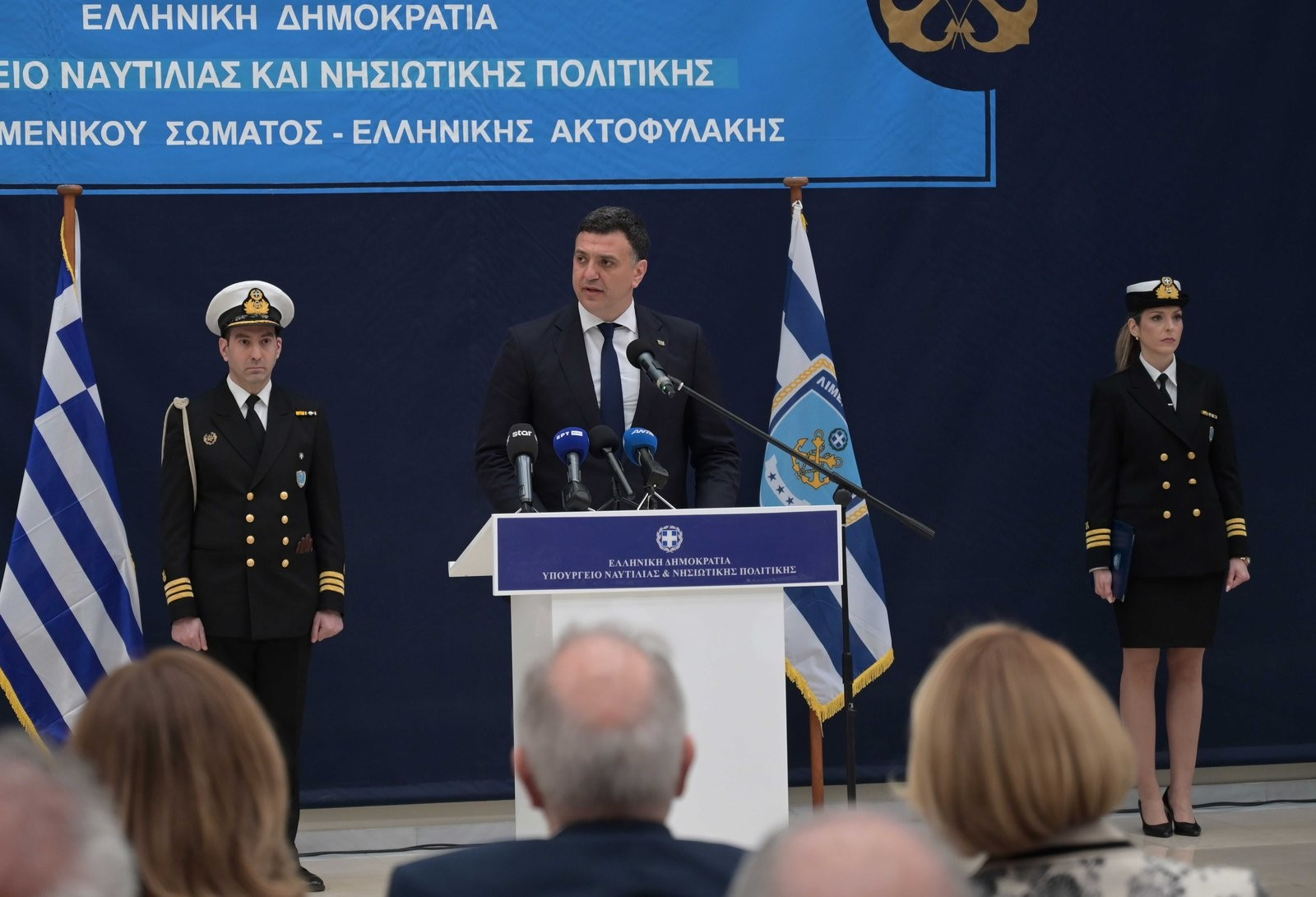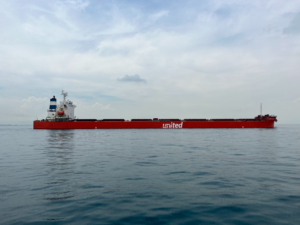The Greek prime minister Kyriakos Mitsotakis briefed the president of the Hellenic Republic Constantine Tassoulas on the latest developments in the Middle East and on the government’s intention to control the flows of illegal migrants from Libya to the Greek island Crete.
Greece plans to deploy navy ships outside Libya’s territorial waters in a bid to curb irregular migration to the country, prime minister Kyriakos Mitsotakis said on Monday.
Speaking during a meeting with the Greek president, Mitsotakis said the move had followed an emergency meeting of the Government Council for Foreign Affairs and Defence on Sunday.
Mitsotakis did not elaborate on the role of the vessels or explain what they would do, but said the move would be in coordination with Libyan authorities and the rest of the European forces operating in the area.
The Greek prime minister called for immediate EU action and cooperation to manage the situation. He also told the Greek president Constantine Tassoulas that the issue was discussed during a national council on Sunday and that the situation was alarming.
“I would like to inform you about a phenomenon that causes us considerable concern, and I am referring to the increased flows of illegal immigrants from Libya to Crete. Unfortunately, we have seen several incidents in recent days that force us to act preventively and deterrently in a more intense manner,” he said.
“I have asked, also in the context of yesterday’s meeting of KYSEA, the minister of national defense and the leadership of the armed forces, to ensure that Greek Navy ships are sent outside Libyan territorial waters so that, as a precaution, and always in cooperation with the Libyan authorities and the other European powers, we can send a message that the traffickers are not going to command who enters our country. I think it is a move that is necessary under the current circumstances,” the prime minister explained.
Regarding the increased migratory flows in Gavdos (the southernmost Greek island located to the south of its much larger neighbour, Crete) and the southern front of Crete, the Greek minister of maritime affairs and insular policy Vasilis Kikilias underlined the difficulty of operations in the open sea, far from the coast.
“In the 100 or 200 nautical miles in the Libyan Sea, which is open sea, operations similar to those carried out in the northern Aegean cannot be carried out. On the contrary, there, Frontex and the Greek coast guard have only one option: to rescue and nothing else,” he said.
“That is why the prime minister was right to say that beyond the 12 nautical miles – where international waters are – frigates will also operate, in order to send a message to the smugglers,” he explained, adding that “the solution, however, remains the one implemented by Italy and Malta – and I know that foreign minister Giorgos Gerapetritis will soon travel to Libya – to make an agreement with the Libyan authorities, so that we can patrol, like them, in these miles near their coasts and notify them, so that they can obstruct the flows and take them back.”



